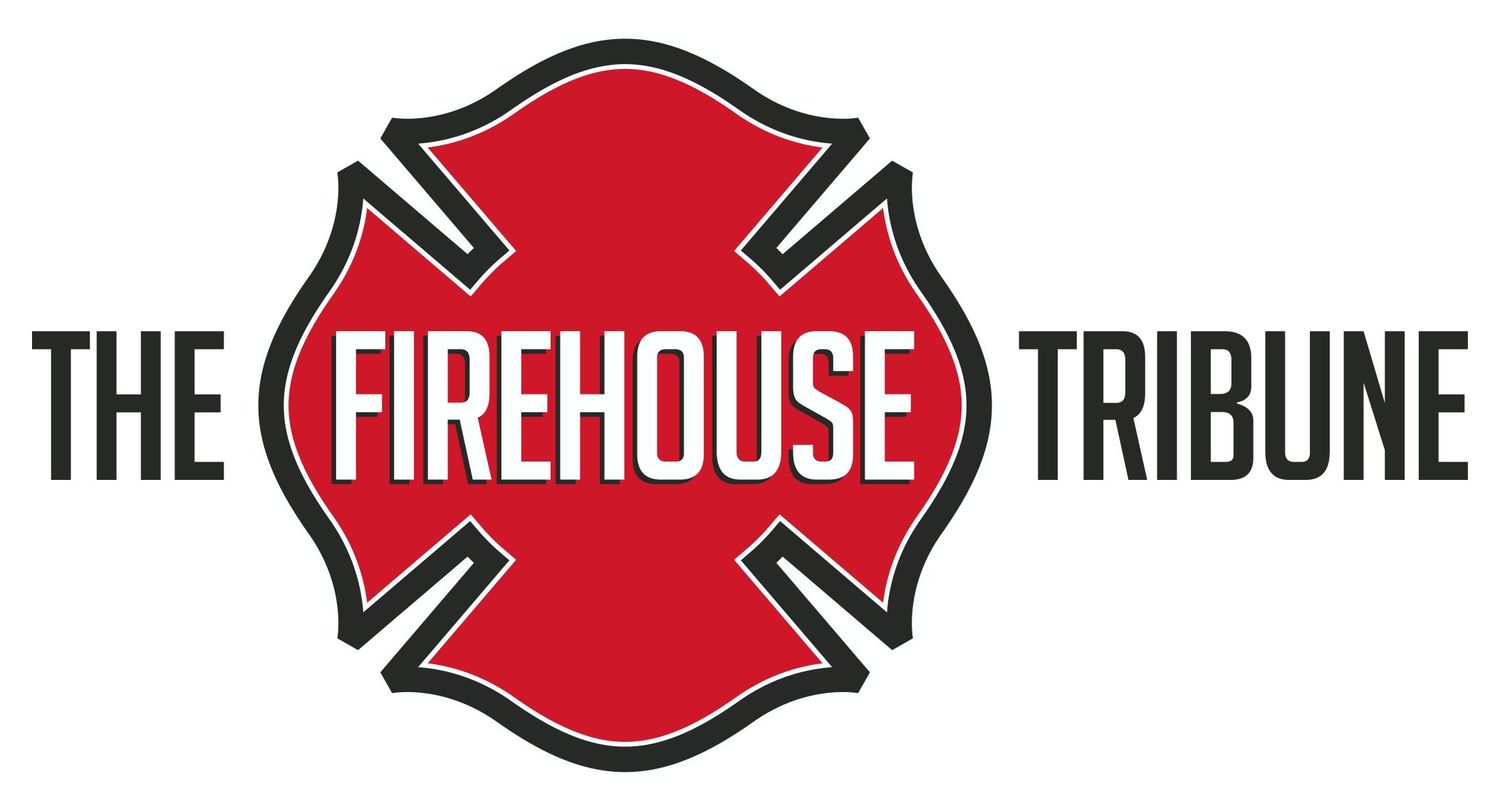Beware The Red Label
Keep yours eyes open for red labels on electrical equipment and conduits as this is an indication of the presence of solar panels. This can present a hazard on the fire ground for a few reasons but one of the biggest is that the system probably won't be fully deenergized.
It took me a bit to find the solar panels where this picture was taken but I knew they were there because of the labels. It's a convenience store and the picture shows the equipment on the store building. The solar panels are located on the canopy over the gas pumps. I was caught off guard when the solar panels and associated equipment were not on the same structure. The way the canopy roof slopes, the solar panels are not visible from the store.
Let's say you're dispatched to a residential structure with a walk-out basement so there's 2 floors above grade in the front and 3 floors in the back. It's 0300 and you're doing a 360 in the dark. How close are you staying to the structure to evaluate it? You're probably not walking too far into the back yard. Will the rear roof be visible? What if the solar panels look like shingles? Are you going to know solar is there? Maybe, maybe not, but I bet you'd notice the red labels on the associated electrical equipment if you knew about them. Especially since the labels are to be reflective.
Now let's say the presence of solar power is not identified and you're working in the attic of a residential structure. The PV wiring is to be metal clad or run in rigid conduit. Again, it is supposed to be labeled so if you see this you need to report it to command and beware that you're operating around energized electrical lines/equipment. Even if the power has been shut-off, the solar panels and associated wiring will remain energized from the panels to the AC disconnect. It's also possible that the system can't be isolated from the public utility service and remain energized although this is a rare condition.
Once identified, the presence of solar power should be communicated on the radio so all those operating or responding know. Firefighters need to start isolation mitigation while understanding and confirming which parts are actually isolated. By the way, do you know that TAC sticks only work on AC power, not DC, so they won't be able to identify the "hot" side coming from the solar panels?
As always, preplanning is the key to success. Residential systems can be drastically different from commercial systems and residential systems can be drastically different from each other. Do a drill night reviewing a solar install with the home or business owner and the installer to get detailed info about the system. Hopefully you have some type of relationship with your local buildings/codes department to be made aware of these systems and gather valuable information. I'm a proponent of a placarding system to better identify the presence of solar upon arrival at an incident. Newer installations are a little more firefighter friendly as the equipment and codes are updated to improve these systems but legacy systems will present more challenges.
Solar generation systems can be complex and pose a significant hazard on the fireground. It's important for firefighters to be aware of solar generation systems in their first due, understand how they operate, and how to mitigate the associated hazards.
Originally posted at Building Firefighter Development - Beware The Red Label (buildingfirefighters.com)



